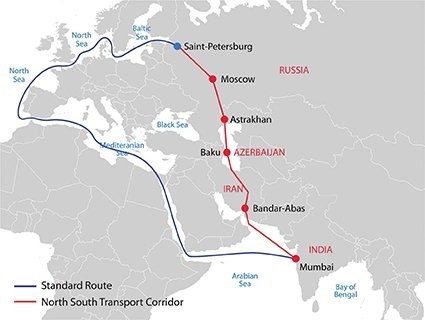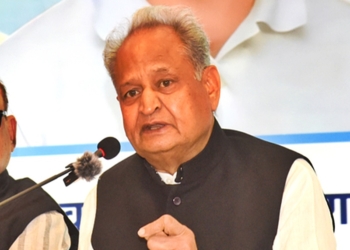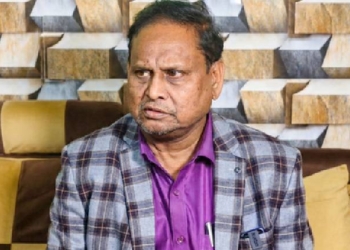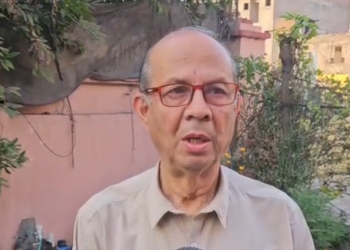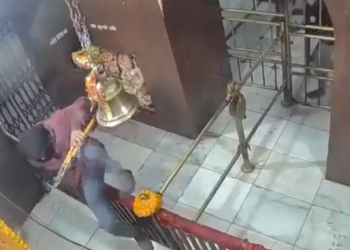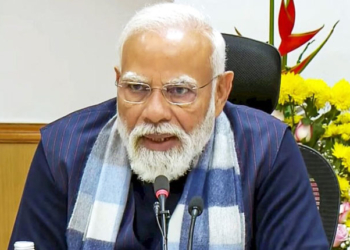New Delhi: India, Russia and Iran have pressed the pedal on the much-needed exercise to complete the 7,200 km International North South Transport Corridor (INSTC). Tehran, which officially acquired membership of the Shanghai Cooperation Organisation yesterday, hosted a high level meeting with senior officials of India and Russia on the progress of the international multimodal corridor, the same day.
Deputy National Security Advisor Vikram Misria attended the meeting to discuss the contours of the project.
The meeting coincided with Prime Minister Narendra Modi’s pitch at the SCO summit yesterday where he underlined the need to build strong connectivity to boost economic activities among member countries “Strong connectivity is crucial for the progress of any region. Better connectivity not only enhances mutual trade but also fosters mutual trust,” he said, adding that the INSTC could serve as a secure and efficient route for landlocked countries in Central Asia to access the Indian Ocean.
Iran for the first time attended the SCO summit, which was held virtually, as a full member.
Iran’s Transport and Urban Development Minister Mehrdad Bazrpash, Head of Iran’s Ports and Maritime Organization (PMO) Ali-Akbar Safaei and Senior Aide to the president of the Russian Federation Igor Yevgenyevich Levitin among others were also present in the meeting.
“Iran’s joining the Shanghai Cooperation Organization and the Eurasian Economic Union will provide unique opportunities to the country’s trade partners, and the Islamic Republic is determined to remove all its tariff and non-tariff barriers in the shortest possible time,” Safaei said in the meeting.
Several back-to-back meetings on the INSTC have been held in the last few months.
A host of supplemental agreements to ease the operational dynamics is now also expected to be inked in the coming months.
India and Iran, which are parallelly developing the strategically located Chabahar Port as a transshipment hub connecting it to the INSTC route will only help in boosting trade and movement of transport services. The Reserve Bank of India has already approved rupee trade with both Russia and Iran.
Initiated by India, Russia and Iran in September 2000 in St. Petersburg, the agreement was signed in 2002. Albeit a late starter, the project is now gaining momentum with new geopolitical challenges arising.
“Now all parties, especially India, Iran and Russia are working to bring the INSTC to life,” SilkRoad Briefing said.
The INSTC is envisaged to facilitate easier movement of freight between several countries including India, Russia, Iran, Afghanistan, Armenia, Belarus, Bulgaria, Kazakhstan, Kyrgyzstan, Tajikistan among others.
(IANS)




